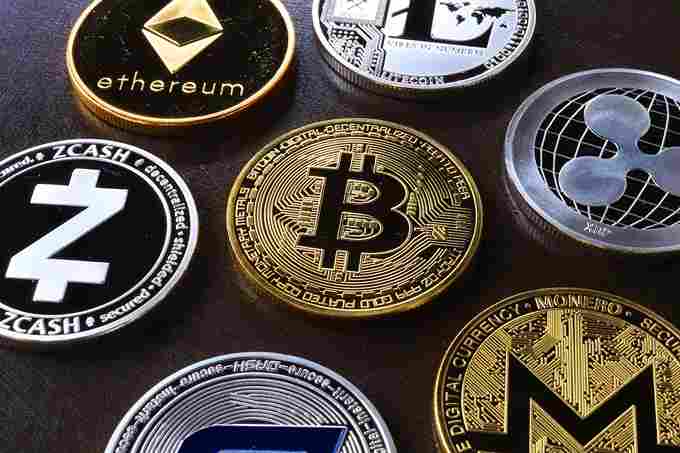Cryptocurrency is contributing to the evolution of the financial and technology infrastructure that is accessible, open source, and global to all who can access the internet, irrespective of their ethnicity, nationality, gender, socioeconomic status, or race.
Cryptocurrencies have traditionally been deemed speculative and risky due to their use in the dark web and for cybercrime, sometimes cases of the victimization of uninformed consumers and the negative effects of mining on the environment.
There is not enough written or said about how this new move in financial experimentation in the crypto economy is producing programmable, tangible modular solutions aimed at storing value, enabling lending, peer-to-peer micropayments, making markets, discovering prices, and margin and collateralizing.
Using simple to set up and low-cost automated financial services at scale, millions of people today are testing these automated financial technologies in real life with billions of dollars. These technologies may lead to the financial inclusion of billions of underbanked and unbanked people tomorrow with simple and cost-effective automated financial services.
Perhaps even more important, not enough is being done to ensure that this technological and societal phenomenon achieves its goal – not many of us are taking on the work of establishing an open and global financial system, even though it was invented more than a decade ago and has been growing and evolving in plain sight.
Financial inclusion is a process that ensures that over 1.7 billion people who remain unbanked or underbanked have easy access to useful and affordable financial products and services and many agree. It is estimated that the growing use of digital finance services on the internet, mobile phones, or credit cards will increase the yearly GDP of growing economies by 3.7 trillion dollars including two-thirds of the increase rising from increased profitability of both non-financial and financial businesses and governments, and the remaining one-third from increased investment from financial inclusion for different sizes of business. Using digital finance to create a broader range of jobs could increase GDP by 95 million.
In the past, governments, banks, and institutions have sponsored financial inclusion efforts. Due to the rise in interest in open source technology development based on community consensus, along with blockchain networks, cryptocurrency, and protocols investment, it appears that a grassroots effort to construct a technological infrastructure of the inclusive and alternative open financial system is already taking shape.
Now, traders across the globe can rely on emerging technologies, including https://quantum-ai.io/, as well as top exchange platforms to trade like a pro. Trading is now easier with the presence of top customer care service.
Yet, participation in a cryptocurrency network is not limited to purchasing or selling cryptocurrencies, so anyone reading this article with internet access can get started today.
The primary role of participation is staking, voting, and watching transactions using a block explorer while mining transactions and operating nodes to ensure the decentralization and security of a crypto blockchain network.
Table of Contents
Debunking the myths
It would be fair to say that crypto is just in the early stages of a new open financial system and that it isn’t perfect. However, it is a positive step towards a more open system.
Every system comes with a cost. But there are a few myths and narratives surrounding Bitcoin and crypto that should be clarified with facts.
Although cryptocurrencies have been used illicitly, the percentage of illicit activity among all cryptocurrencies from 2017 to 2020 as a percentage of total cryptocurrency activity was less than 1%.
With the reduction in the illicit use of cryptocurrency, micropayment systems can begin making financial payments in exchange for Bitcoin.
Bottom Line
Perhaps you are accustomed to unfettered access to a financial system in a developed country. Having this kind of access may seem unrealistic to someone living in a developing country with little financial and technological experience.
There should be little or no technical reasons to not participate, so you can see for yourself how things are developing in the crypto ecosystem.

